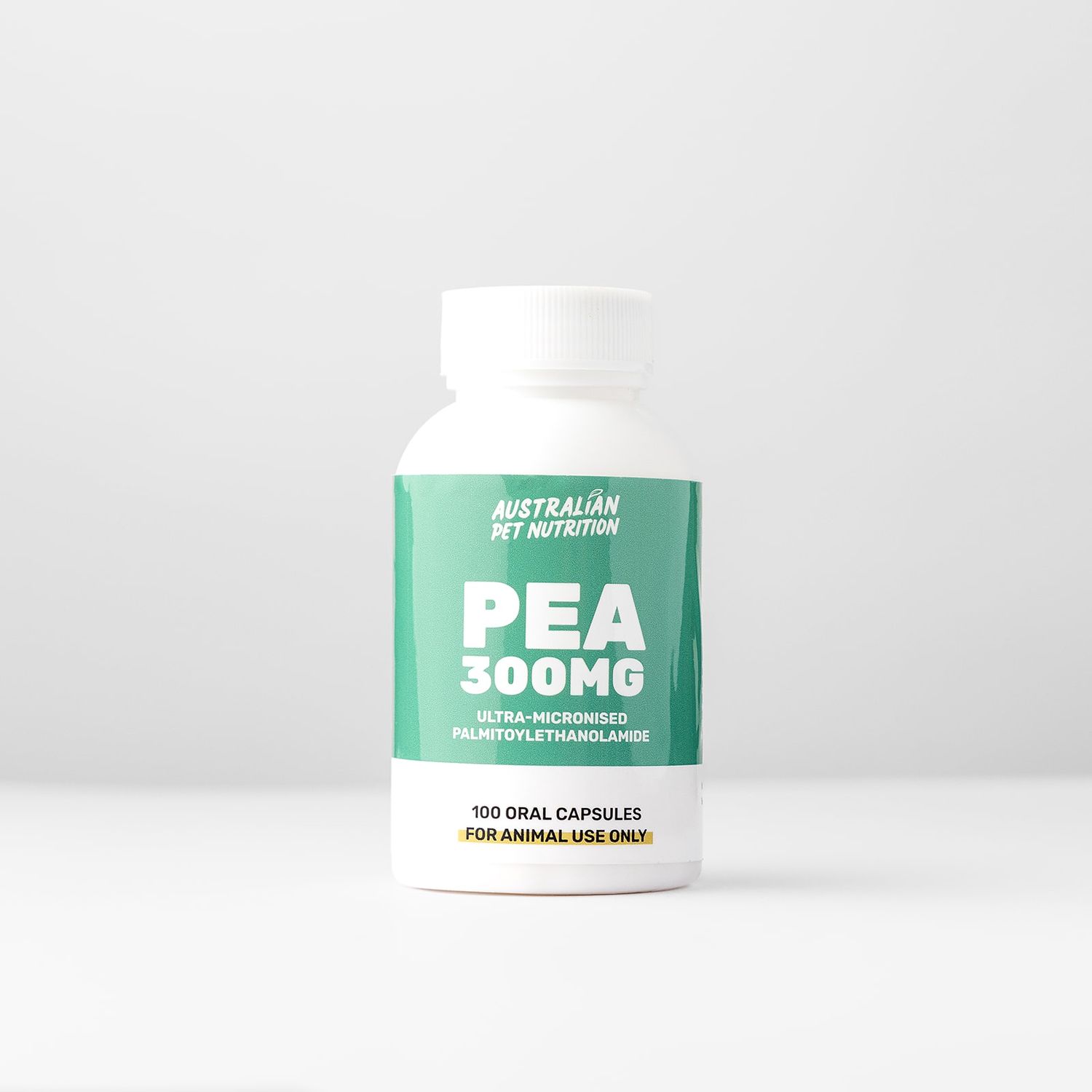APN PEA (Palmitoylethanolamide) - 100 Caps
Palmitoylethanolamide (PEA) is a naturally occurring fatty acid amide that influences endocannabinoid signaling, helping to regulate pain and inflammation. It achieves its analgesic effects through the indirect activation of cannabinoid 1 (CB1) and cannabinoid 2 (CB2) receptors, as well as PPAR-alpha and other receptors involved in pain modulation. Extensively researched since 1957, PEA has demonstrated clear analgesic and anti-inflammatory properties with virtually no reported side effects. Clinical trials involving over 5,000 patients and more than 500 scientific papers have documented its efficacy and safety. Often referred to as a natural painkiller and anti-inflammatory compound, PEA is produced in our own cells and is also found in certain foods. It works by reducing the production of pro-inflammatory cytokines, such as TNF-α and IL-1β, and enzymes like COX-2, which contribute to inflammation. Additionally, PEA helps regulate mast cell activity, preventing the release of histamines and other inflammatory mediators. By modulating glial cell activity in the nervous system, PEA also addresses neuropathic pain and chronic pain syndromes. Research supports its effectiveness in managing various types of pain, including neuropathic conditions like sciatica and diabetic neuropathy, inflammatory pain from arthritis and fibromyalgia, visceral pain conditions such as endometriosis and interstitial cystitis, and chronic pain syndromes like complex regional pain syndrome (CRPS).
Ingredients - Ultra-micronised Palmitoylethanolamide (P.E.A) in a cellulose capsule. Comes in 3 sizes 300mg, 600mg and 1000mg.
Dosage - For dogs and cats 1-15kg (300mg), Dogs 16-50kg (600mg), Dogs over 50kg (1000mg) or as directed by you veterinary care professional.

